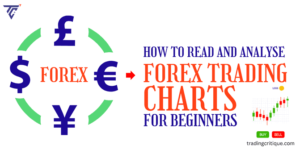
How to Trade Forex | Learn 6 Strategies and Tips
Discover the world of forex trading with our comprehensive guide. Learn essential strategies and risk management, tips, and gain expert insights to start your forex journey confidently. From beginners to experienced traders, find how to trade forex profitably and make informed trading decisions.




 Pros
Pros  Cons
Cons 






